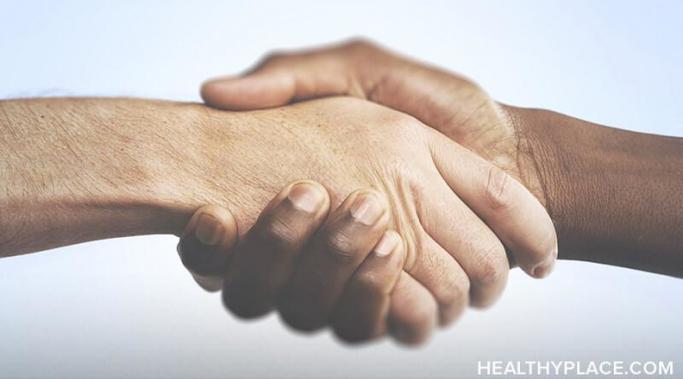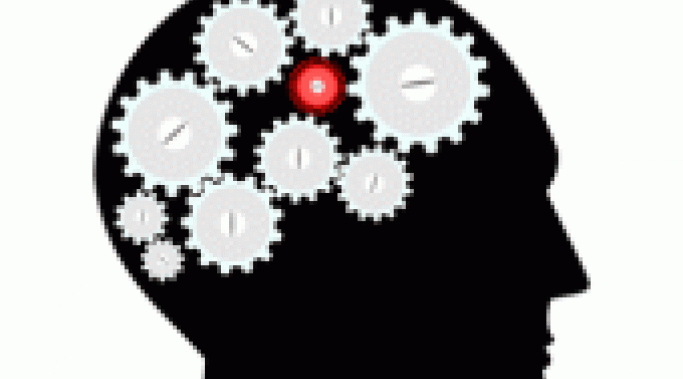When I think of the word 'help,' I think about how hard it is to ask for and accept help. It is usually the most difficult when we are first diagnosed with a mental illness. Unfortunately, that's when those who live with mental illness need help the most. This blog will explore why asking for help can be so hard and the steps we can take to make the process easier.
Recovering from Mental Illness
Isolation and mental illness go hand in hand. They sort of breathe the same air--stifling and hot and when we live with a mental illness, sometimes we just want to be alone (Mental Illness, Isolation, and Loneliness). After all, if we are alone our pain is hidden. Our pain is hidden but exemplified by our silence. Isolating ourselves makes recovering from mental illness more difficult. Let's explore why.
A blog, from me, that is actually a bit positive in its desire to promote mental health? Well, yes, this is. If you read enough of my blogs (say two or three) you probably gather that I mix in a healthy amount of sarcasm--alongside with the recovering from mental illness bit. If you read this blog often enough it's clear I've had a rough time the past few months. Honestly, it feels like years and maybe it has been, but this fall and winter hit me hard. I'm sort of back on my feet again--albeit tottering--and so this blog is less sarcastic than most. Perhaps it is even verging on positive?
When you are diagnosed with a mental illness--chronic or not--feelings of resentment are normal. They are even healthy, in small or medium doses, depending on your frame of mind.
This may be a dark post-- an angry post. Like that ugly picture which makes perfect sense to me. But I cannot paint this topic in pretty colors; I can paint it in black.
I hate addiction. I despise it. In all of its forms. Addiction is insidious. It sneaks up on you slowly and with intent. Before you can pull away it's already walking beside you: walking beside you even though you want to run the hell away.
Yes, I am describing addiction abstractly because its tremendously hard for me to put words to that which nearly killed me. And that which does the same to many people struggling with it.
It's not for the faint of heart--not when it can stop your heart.
Its 6:59 on Thursday morning. I've been drinking coffee and procrastinating online for an hour; the radio is always on and I don't usually hear it. I just like background noise. That's the hyperactive part of me. More than one thing always needs to be happening. It's pretty irritating.
Mental illness and self-confidence are intricately connected, before and after a mental illness diagnosis. Self-confidence is a tricky thing to define, and even more so when connected to mental illness, but it's important so let's give it a shot.
Mental Illness and relapse go hand in hand. Sort of like addiction and relapse. The statistics for both are rather dire: relapse, at some point in our recovery, often occurs. Having said that, there are some damn lucky folks who become stabilized and never become unstable again. I hope they recognize how lucky--how blessed--they are.
But in this post we are not talking about those who live a life of sustained recovery. We are focusing on those of us who falter from time to time--falter and pick ourselves back up. The majority of us.
My last blog focused on the importance of not diagnosing your mental health symptoms yourself! This blog will focus on not treating symptoms of relapse without consulting with your mental health care team first. Yes, I know, this post might seem a little boring but it's important so please keep reading--note: you can leave me a comment stating you fell asleep around 300 words. I will refrain from being offended.
When you live with a chronic mental illness you may experience periods of relapse. Side-note: Not everyone who lives with a mental illness relapses but for those of us who do, the desire to diagnose ourselves and, in connection, attempt to treat our symptoms is tempting.
And it is exceptionally dangerous.









